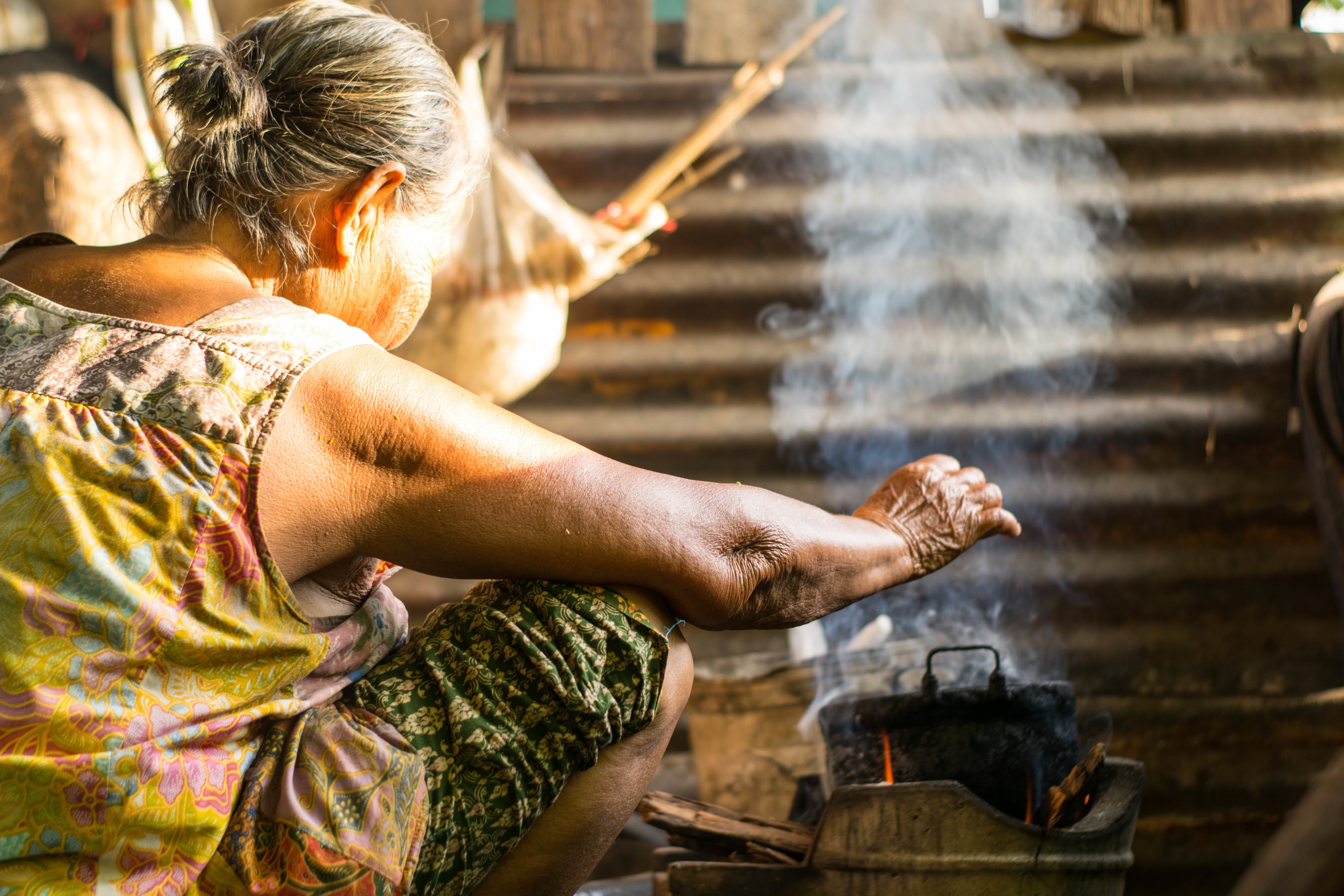15 June 2021: The 2020 assessment of CAFI’s portfolio shows that no programme is gender-blind and 25% of CAFI programmes are fully gender-responsive. The CAFI Executive Board further raised its ambition for 2021.
Small scale agriculture, wood-energy, land tenure, family planning: women play a central role in many sectors covered by CAFI, and they are powerful actors for reducing deforestation and forest degradation and driving sustainable development. Mainstreaming gender in CAFI programmes contributes to empower women and marginalized groups such as youth and indigenous people.
The CAFI Secretariat, in close collaboration with the Secretariat of the DRCongo National REDD+ Fund (FONAREDD), evaluated all CAFI-funded programmes to determine whether they are gender-blind, gender-sensitive or fully gender-responsive. In 2020, this annual exercise was conducted for the third time.
Based on the UN-REDD+ gender marker methodology, a programme is deemed as "gender-responsive" if it meets the following 4 criteria:
- A gender analysis has been conducted to support the design of programme activities
- Women and marginalized groups can participate in, and benefit from, programme activities that impact their lives and the forest
- The participation of women, men, and marginalized groups in programme activities and decision-making is monitored and reported on
- Gender sensitive activities are budgeted for, and gender expertise is mobilized
"Gender-sensitive" programmes meet at least one of these criteria, and "gender-blind" programmes meet none.
The target of at least 15% of CAFI programmes being gender-responsive had been met in 2019. The CAFI Executive Board then raised its ambitions for 2020, with targets of at least 30% of gender-responsive programmes and another 20% of programmes meeting 3 out of 4 criteria.
Several accompanying steps were taken to clarify expectations on gender mainstreaming and provide better guidance on how to include gender considerations into the programming cycle.
Snapshot of 2020 gender assessment results
The 2020 gender assessment shows that, out of 24 programmes:
- Six programmes (25%) are fully gender-responsive. PIREDD Sud-Ubangi, PIREDD Equateur, the Civil Society programme and the Family planning programme in the DRCongo, , as well as two – now closed – preparatory grants in Equatorial Guinea and the Republic of Congo. Although the 30% target of being gender-responsive was not reached, the evaluation shows an increase from 17% in 2019 to 25% in 2020.
- Eighteen programmes (75%) are gender-sensitive. Among these, three programmes met one criterion and six programmes met two criteria. Nine programmes - or 38 % - met three criteria, largely exceeding the set target of 20%.
- No programme was deemed as gender-blind
Good practices
CAFI’s six gender-responsive programmes are on a path to demonstrate concrete results for women’s participation and measures taken, so that their voices are heard and needs considered along the programming cycle. Examples of good practices include:
- The multisectoral provincial programme in Sud Ubangui (PIREDD Sud-Ubangi) organized awareness-raising activities for women on governance and modern contraceptive methods at a global, provincial, and territorial levels. Women represent 30% of the membership of the newly established Local Development Committees that guide decisions on the use of land.
- The PIREDD Equateur has established a monitoring system between FAO and implementing partners to strengthening participation of women in the programme governance structures.
- The Civil Society programme held consultations with women civil society organizations to build on their expertise in the Working Group on Climate and REDD (GTCR-R). The programme encourages women to participate in activities during field missions.
- The activities of the Family Planning programme (PF-PROMIS programme) are entirely focused on improving the health of women and families in DRC through providing modern contraceptive methods and family planning support. The programme is currently working on how to better involve men in family planning awareness-raising activities.
- The Equatorial Guinea Preparatory grant programme established specific women discussion fora to make sure women’s expertise and opinions were considered. In addition, most consultative processes had 40% women participation.
- The Republic of Congo GCF preparatory grant programme conducted an in-depth study of women's needs specifically related to REDD+, as well as potential risks that could impact their role, customs, livelihoods and empowerment. A gender action plan was developed to ensure full participation of women in project planning and implementation.
Increased ambition for 2021
For 2021, the Board's decided to further raise CAFI's gender ambition to 40% of gender-responsive programmes, and another 20% of programmes meeting 3 criteria. In other words, two-thirds of CAFI programmes are expected to meet at least 3 of the 4 criteria.
To reach this target, CAFI and the FONAREDD in the DRC will work with implementing organizations to develop and implement a Gender Action Plan for each programme, which will underscore gender-specific reporting and include a dedicated budget to improve gender mainstreaming.
Read more in the 2020 CAFI Annual Report and on our Gender page.
Photocredit: © Tawin - stock.adobe.com

